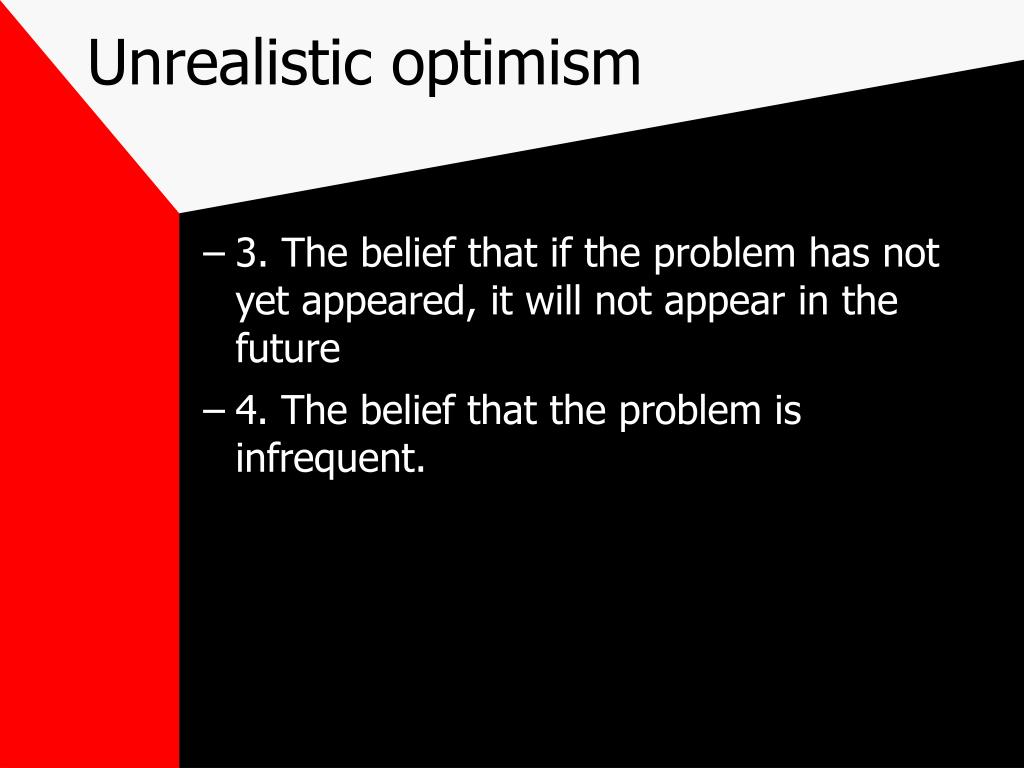

The results call for a global change in the narrative which should highlight the epistemic authority of science in order to build a stronger trust in the scientific community. However, this bias was not associated with vaccine intention. Persuasive impact of loss and gain frames on intentions to exercise: A test of six moderators (2017) Jakob D. Furthermore, we found evidence for unrealistic optimism, with participants perceiving the risk of getting infected with COVID-19 as lower in comparison to the risk they attributed to other people. The network analysis reveals a complex interplay of factors where trust in scientists, the closest predictor of vaccine intention, is associated with conspiracy beliefs and danger perception. In Study 1 and 2, we assessed a US (N = 994) and an international sample (N = 902) during spring and summer 2020.

Using a network approach, we addressed in two studies interrelations among potential antecedents of vaccine intentions, related to both COVID-19 risk perception and epistemic beliefs (i.e., trust in scientists and conspiracy beliefs). Keyword(s) COVID-19 optimism pessimism unrealistic optimism bias risk perception vaccination hesitancy cognitive illusions positive illusions conspiracy coronavirus trust in science However, tackling trust in scientists needs a wider field of persuasion that includes conspiracy beliefs and risk perception factors. The results call for a global change in the narrative which should highlight the epistemic authority of science in order to build a stronger trust in the scientific community. It is therefore not surprising that a few earlier studies have observed unrealistic optimism concerning COVID-19 during the first half year of the global pandemic (Asimakopoulou et al., 2020 Kuper. However, this bias was not associated with vaccine intention. the other hand, hope based on denial (i.e., the unrealistic hope the.

The network analysis reveals a complex interplay of factors where trust in scientists, the closest predictor of vaccine intention, is associated with conspiracy beliefs and danger perception. namely, research from environmental psychology on the role of optimism in the. 10h15 How unrealistic is unrealistic optimism Anneli Jefferson (University of Birmingham) 14h00 Wayward Believers and the Limits of Persuasion Quassim. Using a network approach, we addressed in two studies interrelations among potential antecedents of vaccine intentions, related to both COVID-19 risk perception and epistemic beliefs (i.e., trust in scientists and conspiracy beliefs). The concept of unrealistic optimism would predict that media effects described in a negative way will produce large third-person effects because individuals want to preserve a positive self.


 0 kommentar(er)
0 kommentar(er)
